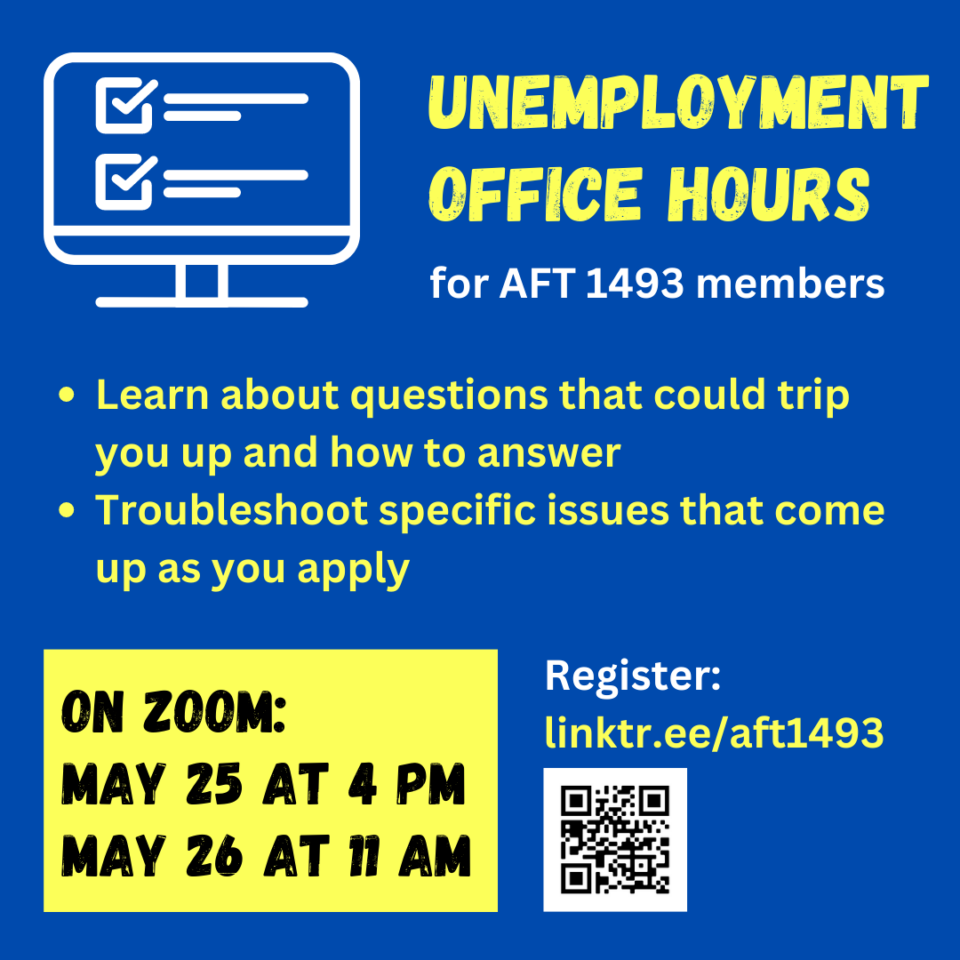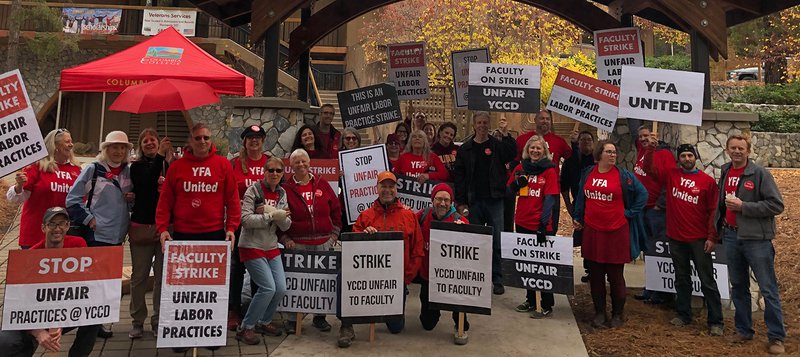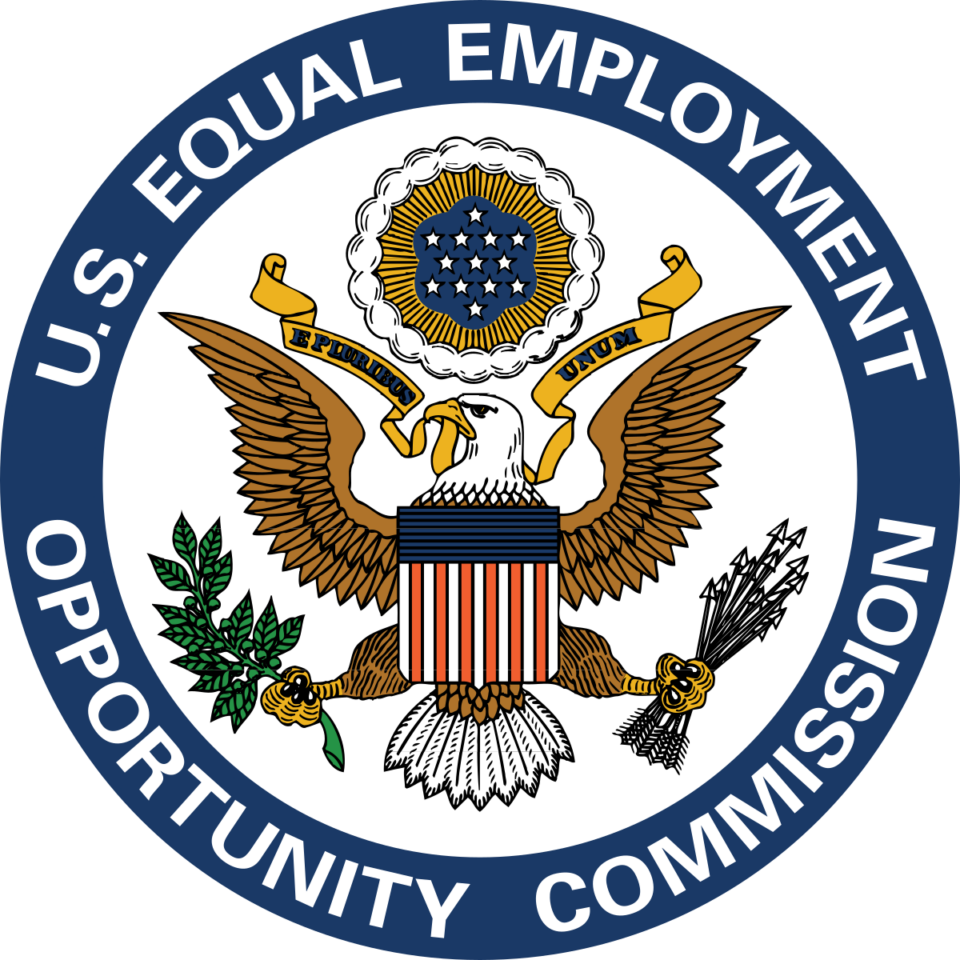Unemployment benefits for Adjunct Faculty
Adjunct faculty: Don’t miss out on unemployment benefits
Detailed instructions and Zoom workshops May 25 & 26
by Jessica Silver-Sharp, Skyline and Cañada College Librarian & AFT 1493 Secretary
Adjunct faculty have the right to receive unemployment benefits from the state of California during breaks between semesters when they are not employed. This includes summer! But some questions on the application are not as straightforward as they might seem and could lead your application to be rejected.
AFT members: your union will hold Unemployment Office Hours to go over potentially tricky questions on the EDD application (and how to answer them) and troubleshoot issues you encounter while completing your unemployment application. These office hours will take place on Zoom:
- Thursday, May 25 @ 4:00-5:00pm
- Friday, May 26th @ 11:00-12:00 noon
To get the most out of the AFT office hours, you should fill out as much as you can (but do not submit) of your unemployment application using the screenshot-by-screenshot guides here: https://contingentworld.com/unemployment/
During office hours, AFT reps will answer questions and give pointers on applications.
Please note that these office hours are for union members only, and we will be manually approving Zoom registrations after verifying that a registrant is in fact a union member. Please try to sign up at least a day in advance to make sure your membership can be verified and your Zoom registration approved. If you are not a member and want to join the union, you can do so here: https://leadernet.aft.org/webform/san-mateo-community-college-federation-teachers We receive the form immediately after you submit it.
Register today! LINKTR.EE/AFT1493
 More information:
More information:
Adjunct faculty are eligible for unemployment insurance benefits during the period between semesters when you are unemployed or underemployed. Cervisi vs. Unemployment Insurance Appeals Board (208 Cal. App. 3d 635) decided in February, 1989 by the Court of Appeals, held that a “contingent assignment is not a ‘reasonable assurance’ of continued employment” within the meaning of the Unemployment Insurance Act and does not disqualify the employee from the receipt of benefits.
Even if you have received a tentative offer of employment or even signed a contract for Fall 2023, you are entitled to apply for unemployment benefits over the summer break immediately upon completion of your last working day of the semester.
To get started ahead of time, you’ll find what you need right here: http://aft1493.org/pt-faculty/unemployment-info/
Questions? Email Marianne Kaletzky <kaletzky@aft1493.org> or Jessica Silver-Sharp silver-sharp@aft1493.org
We look forward to seeing you soon!







